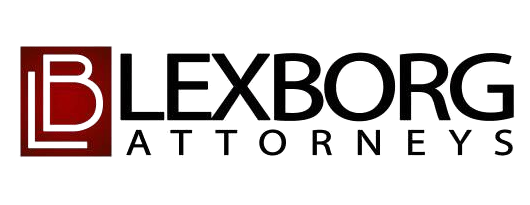For startup founders, intellectual property (IP) is more than just an idea. It’s a valuable business asset. Enforcing your IP rights means taking action to ensure others do not illegally use or profit from your innovations. Without proper enforcement, even the most groundbreaking product, logo, or idea can be compromised or stolen.
Understanding how to protect and enforce your IP not only helps you safeguard your brand and revenue but also sends a clear message to infringers and competitors alike: your ideas are off-limits.
In Nigeria, IP rights can be enforced through civil or common law mechanisms, depending on the type of right and how it is registered. The route available to a rights holder will often depend on whether the IP for instance trademarks, is registered or unregistered, with registered owners generally enjoying stronger protection.
How to Enforce Intellectual Property Rights in Nigeria
1. Opposing Trademark Applications in the Trademark Journal
One of the most common threats to IP is the unauthorized use of names, logos, slogans, or designs that resemble those of existing brands. These can mislead consumers and dilute brand value. To counter this, IP owners should regularly monitor the Trademarks Journal, which publishes newly filed applications. If you find a mark that closely resembles your registered or known brand, you can file a formal objection during the publication window.
Pro tip: Engage an IP lawyer or law firm to monitor these journals on your behalf. Timely opposition can prevent long-term brand confusion and litigation.
2. Issuing a Cease and Desist Letter
A cease and desist letter is a formal notice sent to an individual or company infringing on your IP. It outlines:
- Your legal rights,
- The nature of the infringement, and
- The actions required to avoid further legal steps.
In many cases, infringers comply without the need for litigation, making this a cost-effective first line of defense.
3. Pursuing Civil Action
If a cease and desist letter is ignored, you have the right to pursue civil litigation in a competent court of jurisdiction. Common remedies granted by Nigerian courts in IP cases include:
- Injunctions to stop the infringing act,
- Monetary damages, and
- Orders to destroy infringing goods.
A civil lawsuit is often the most direct way to assert your IP rights when informal measures fail.
4. Initiating Criminal Action
Some IP infringements especially piracy and counterfeiting fall under criminal law. These include:
- Unauthorized reproduction or distribution of copyrighted content,
- Fake versions of branded products, and
- Selling or possessing counterfeit items.
Criminal prosecution can result in:
- Fines,
- Imprisonment, and
- Seizure or destruction of counterfeit goods.
While criminal cases are typically initiated by regulatory agencies, you can also file a complaint or petition relevant authorities to act.
5. Enforcing Non-Disclosure Agreements (NDAs)
Internal threats to IP are often overlooked. Employees, contractors, and partners often have access to sensitive information, such as trade secrets or product prototypes.
To mitigate this risk:
- Implement strong NDAs as part of your onboarding and partner agreements.
- Regularly train staff on IP protection.
- Take immediate legal action if you discover a breach — either through alternative dispute resolution (ADR) or litigation.
6. Enforcing IP Rights Internationally
Intellectual property protection is territorial, meaning a Nigerian registration offers no automatic protection abroad. If your startup plans to expand into other markets, you must register your IP in each target country.
International registration not only prevents unauthorized use but can also open doors to licensing deals, partnerships, and broader brand recognition.
Conclusion
Registering your intellectual property is just the first step; enforcing those rights is what truly protects your business. For startup founders, IP enforcement is about preserving competitive advantage, brand integrity, and long-term profitability.
Whether it’s through opposition in the Trademarks Journal, cease and desist letters, or litigation, every founder should have a clear strategy for protecting their IP assets.
Remember: Your IP is often your startup’s most valuable asset treat it that way.
Sources: Trademark Act 2004.
AUTHORS

MANAGING PARTNER

Associate

